Treatment of angina

specialists

equipment

treatment
Symptoms

The main manifestation of sore throat is acute pain in the throat, which becomes more intense when trying to swallow. Most often, the inflammatory process affects both sides of the pharynx. When swallowing food or saliva, the pain often radiates to the ear area. In some cases, it is so strong that it becomes difficult for a person to eat solid food.
In addition to a sore throat, sore throat is accompanied by fever, increasing weakness, profuse sweating and loss of appetite. These signs indicate the body's response to the infectious process.
Sore throat without fever is rare. The absence of fever is most often due to low reactivity of the body. However, some forms of the disease occur without fever due to the fact that the pathogens release small amounts of toxins into the blood.
Clinical manifestations
Doctors distinguish several types of sore throat. After a sore throat, complications often arise. These include laryngeal edema, sinusitis, laryngitis, neck phlegmon, otitis and lymphadenitis.
Catarrhal
Lacunarnaya
Follicular
Necrotic
General information about the treatment of sore throat
Prevention
Compliance with preventive recommendations will help prevent the risk of developing the disease. They include:
- Maintain personal hygiene. Wash your hands regularly, especially after visiting public places. Do not touch your face with dirty hands. This will help reduce the risk of infection entering the body
- Isolation of the patient. If there is a person in your environment who has a sore throat, try to limit contact with him. To prevent the spread of infection, use separate dishes
- Sanitation of foci of infection. Treat chronic inflammation (in particular, carious teeth) in a timely manner
- Physical activity and hardening. Regular moderate physical exercise and hardening increase overall immunity and improve the body's resistance to infections
- Humidification and ventilation of the room. Maintaining an optimal level of humidity in the room and regularly ventilating it help reduce the concentration of viruses and bacteria in the air
- Personal protective equipment. Using masks or respirators in dusty or gas-filled areas helps protect the respiratory tract from infectious agents
- Selection of clothes according to the weather. Wear warm clothes during the cold season. This will avoid hypothermia
- Be careful when choosing drinks. Avoid drinking drinks that are too cold (especially in hot weather). This will help avoid the risk of inflammation of the tonsils
- Consult a doctor in a timely manner. Try to promptly treat diseases that cause difficulty in nasal breathing
- Complete nutrition and vitamins. The diet should be enriched with vitamins and minerals
Complete cessation of smoking and drinking alcohol also helps improve immunity.

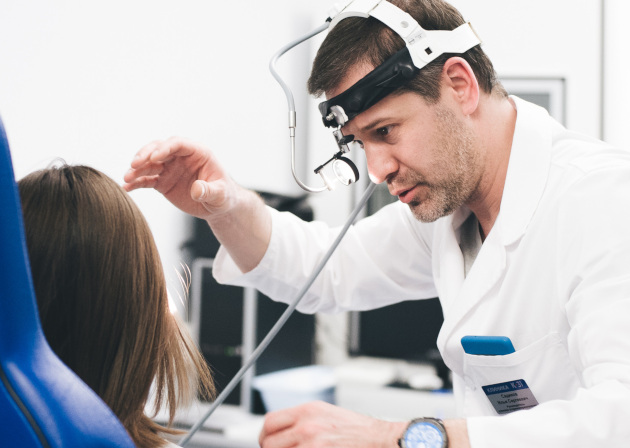
How is an appointment with an otolaryngologist at K+31?
Our doctors

This award is given to clinics with the highest ratings according to user ratings, a large number of requests from this site, and in the absence of critical violations.

This award is given to clinics with the highest ratings according to user ratings. It means that the place is known, loved, and definitely worth visiting.

The ProDoctors portal collected 500 thousand reviews, compiled a rating of doctors based on them and awarded the best. We are proud that our doctors are among those awarded.
Make an appointment at a convenient time on the nearest date
Price
Services

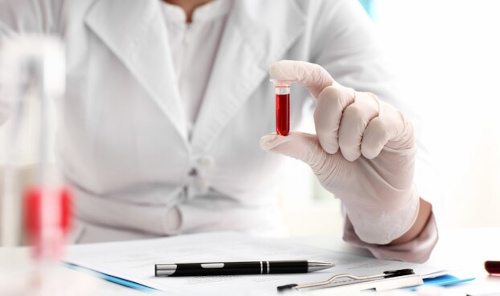



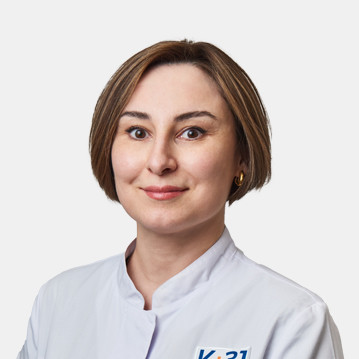
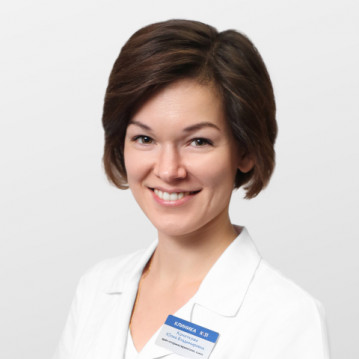
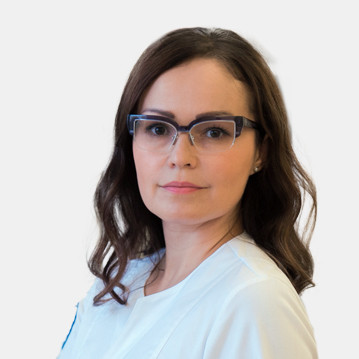
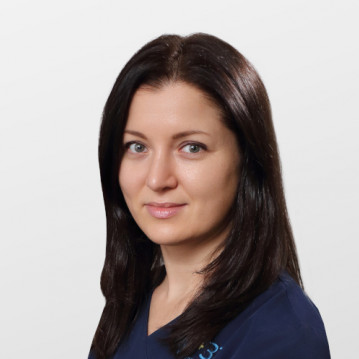
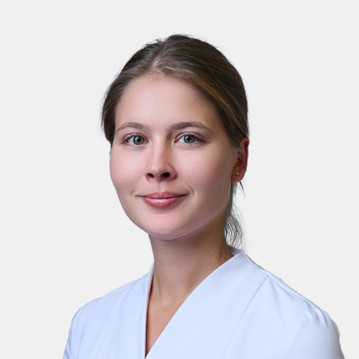
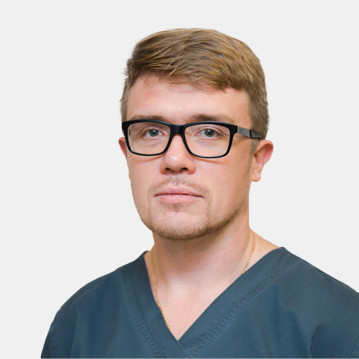


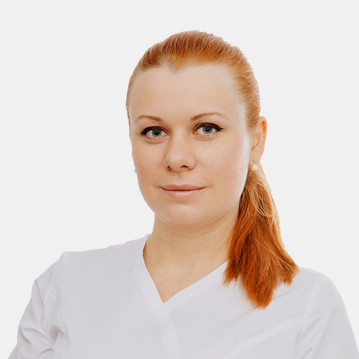
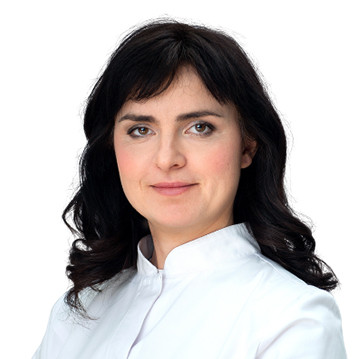
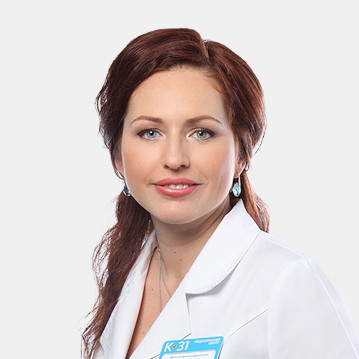
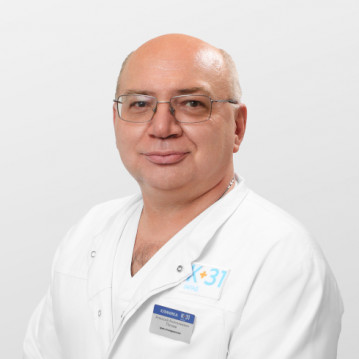
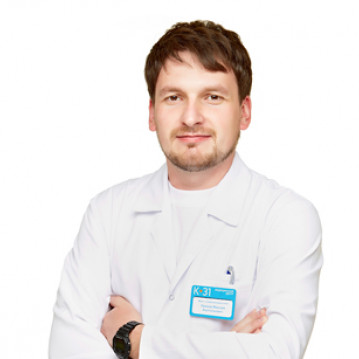
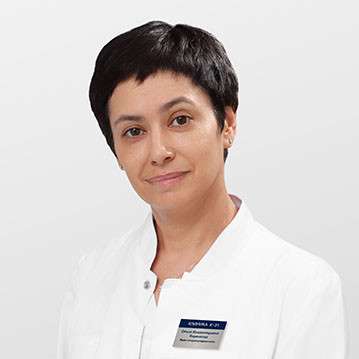
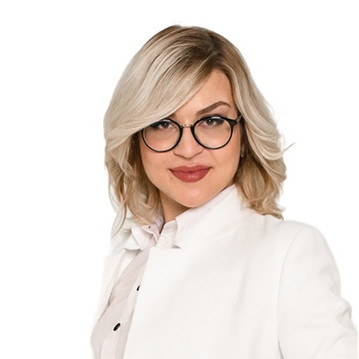
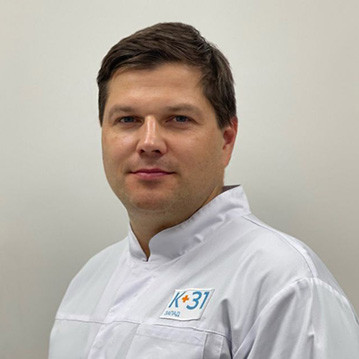
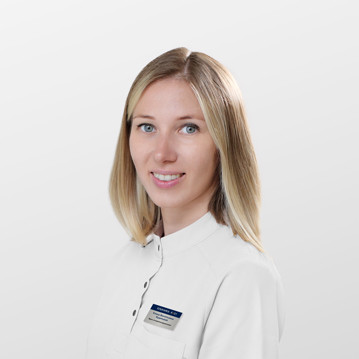
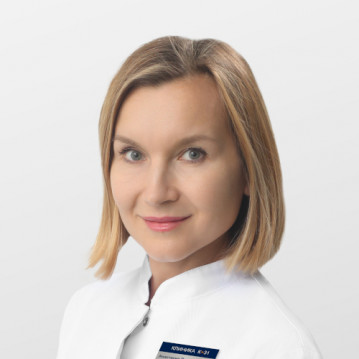
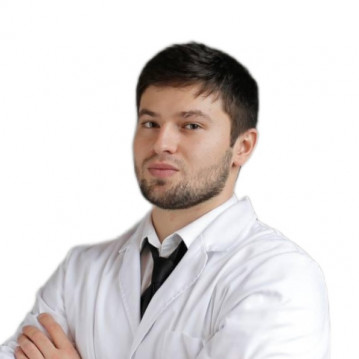
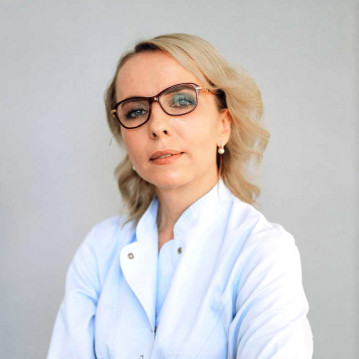
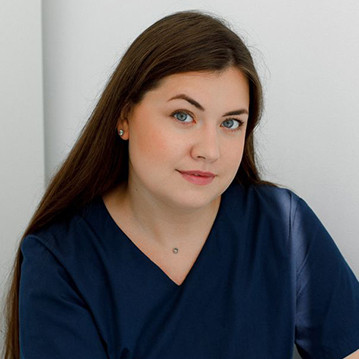
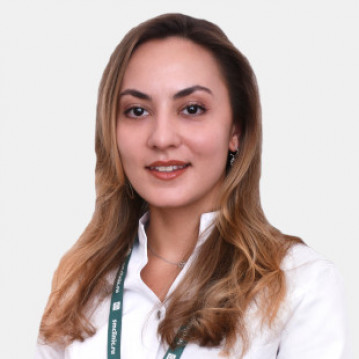





Etiology
Most sore throats are caused by group A ß-hemolytic streptococcus, but other pathogens also occur – for example, pneumococci and staphylococci.
The infection that causes the disease is usually transmitted by airborne droplets. However, it often spreads from internal sources of infection. For example, sore throat is provoked by caries, inflammation of the sinuses and chronic pathologies of the nasopharynx.